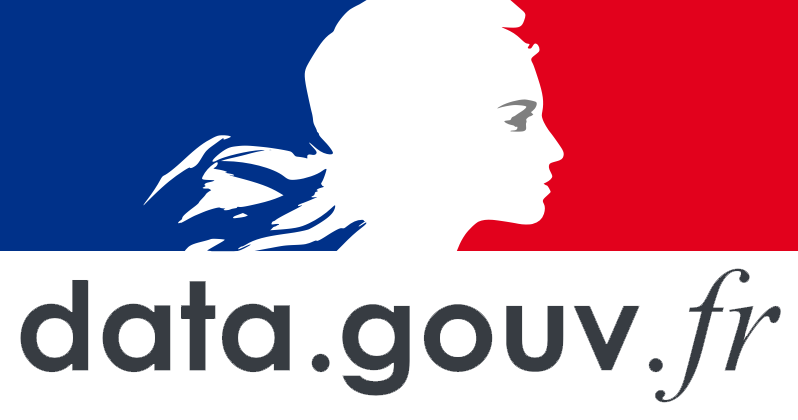Introduction: Understanding the Scope
The Convention Collective Nationale des Omnipraticiens Exerçant Dans Les Centres de Santé Miniers du 23 Janvier 2008 is a crucial legal framework governing the working conditions of general practitioners in mining health centers. This comprehensive agreement ensures that these specialized medical professionals operate under clearly defined guidelines tailored to the unique challenges of the mining sector. Covering employment terms, remuneration, and benefits, the convention aims to foster a collaborative and efficient work environment to support quality healthcare delivery in mining areas.
Key Provisions and Employment Conditions
General practitioners working in mining healthcare facilities are subject to specific terms under this agreement. These include clear documentation of employment contracts, specifying roles, responsibilities, and expected working hours. The agreement mandates fair remuneration aligned with industry standards, providing incentives and benefits to retain skilled professionals. By ensuring rights and responsibilities are well-defined, the convention minimizes conflicts and promotes job satisfaction among practitioners.
Ensuring Quality Through Continuous Education
A pivotal component of the agreement is the emphasis on maintaining and elevating professional standards. Practitioners are required to engage in continuous medical education to stay abreast of latest healthcare advancements and practices relevant to the mining industry. The convention supports organized training programs and workshops, facilitating knowledge enhancement and skill development crucial for tackling the specialized healthcare needs in mining areas.
Safety and Health Regulations
The unique environment in mining centers necessitates stringent safety measures, a significant part of the agreement. Practitioners must adhere to specific health and safety guidelines to protect both themselves and their patients. The convention outlines the necessary precautions, including protective gear usage, emergency procedures, and regular health checks, ensuring a secure working environment that mitigates occupational hazards.
Conflict Resolution and Amendments
To address potential disputes, the agreement includes a well-defined process for conflict resolution, ensuring issues are resolved amicably and efficiently. Regular reviews of the agreement ensure it remains relevant, allowing for amendments that reflect evolving industry needs and healthcare standards. This adaptability is crucial in maintaining the alignment of healthcare practices with the dynamic requirements of the mining sector.
Conclusion: The Impact of the Agreement
The Convention Collective Nationale provides a reliable framework that safeguards the interests of both practitioners and mining health centers. By promoting fairness, safety, and continuous improvement, it plays a vital role in enhancing the provision of healthcare in the industry. For those involved in or looking to enter this field, understanding and navigating this agreement is essential to ensure compliance and optimize working conditions, thus contributing positively to the wider healthcare landscape in the mining sector.
